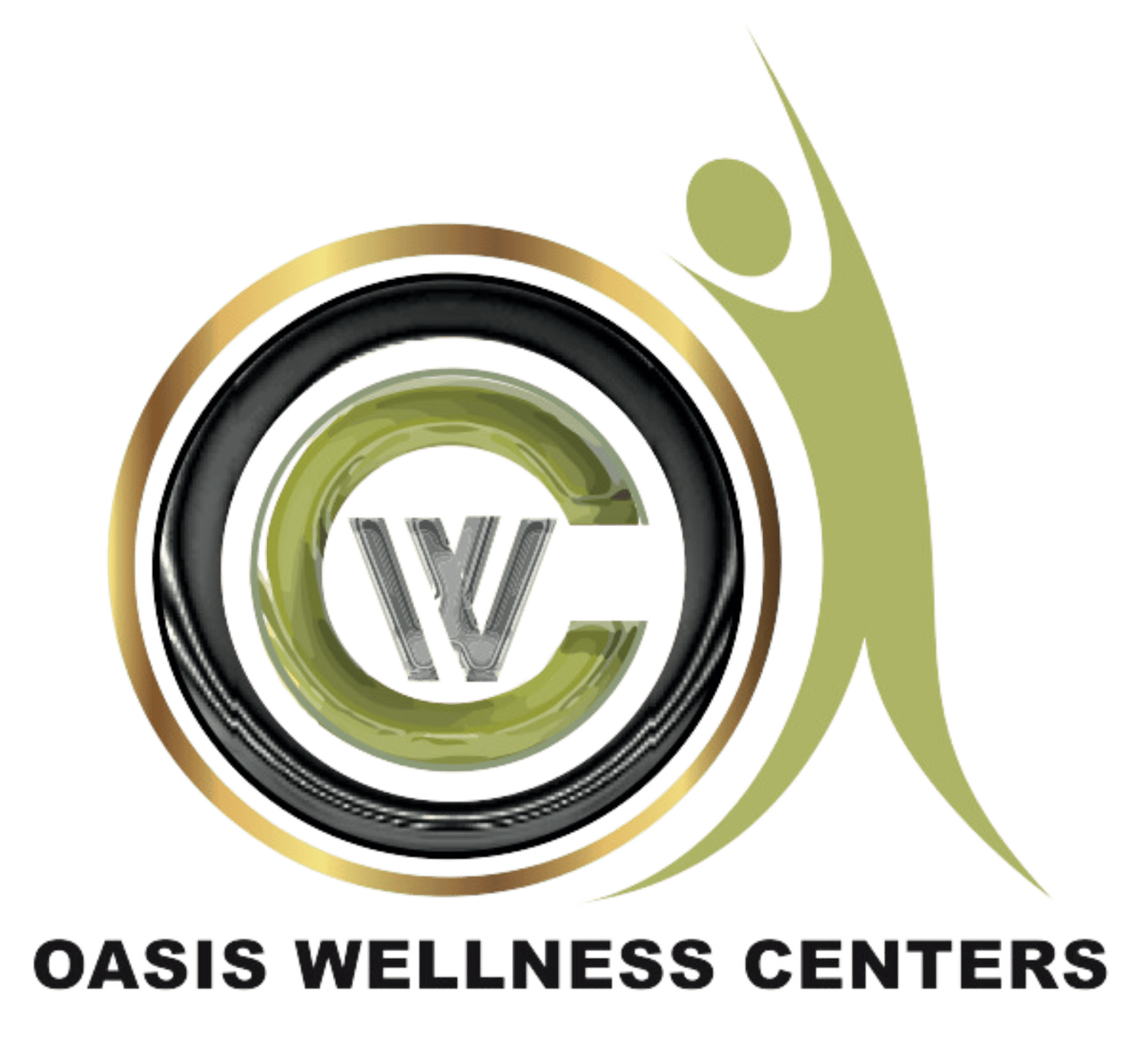Welcome back to our "52 Weeks of Holistic Trauma Recovery." I'm DL Blanding, and this week, we're focusing on a critical aspect of trauma recovery: Understanding and Managing Trauma Triggers.
Trauma triggers are specific stimuli that evoke intense emotional and physical reactions in individuals who have experienced trauma. These triggers are often reminders or associations connected to the traumatic event, though they may not be immediately obvious. They can be anything—sounds, sights, smells, tastes, touch, or even certain situations or emotions—that unconsciously recall the trauma, leading to a re-experiencing of the original feelings of fear, anxiety, and pain.
When triggered, a person might experience a range of responses, such as flashbacks, panic attacks, heightened anxiety, or a feeling of being overwhelmed. These reactions occur because the brain links the trigger to the past trauma, activating the body's fight-or-flight response as though the traumatic event is happening again in the present.
Understanding and managing trauma triggers is a critical aspect of trauma recovery. It involves identifying what specifically triggers these reactions, learning coping strategies to manage the response, and gradually desensitizing the individual to the trigger through various therapeutic techniques.
The goal is not necessarily to eliminate triggers, which can be challenging, but to reduce their impact on the individual's daily life, enhancing their ability to function and find enjoyment in life.
Trauma triggers can be challenging, often bringing back intense emotions or memories associated with past trauma. Learning to identify and manage these triggers is a vital step in your recovery journey. It's about gaining control over your reactions and understanding how to navigate these experiences with strength and resilience.
Let's delve into some practical tips on how to manage and navigate trauma triggers:
1. Identifying Your Triggers
- Personal Reflection and Journaling: Start by reflecting on your experiences and jotting down moments when you feel particularly agitated, scared, or upset. This process can help you pinpoint specific triggers.
- Coaching, Therapy and Professional Guidance: A coach and/or therapist can assist in identifying triggers through structured conversations and therapeutic techniques.
2. Developing Awareness
- Mindfulness Practices: Engage in mindfulness exercises like deep breathing or meditation. These practices help in staying grounded and present, making it easier to notice when a trigger is affecting you.
- Body Awareness: Pay attention to physical cues. Sometimes, your body reacts to a trigger before your mind consciously recognizes it.
3. Creating a Coping Toolbox
- Breathing Techniques: Learn and practice breathing exercises that can help calm your nervous system.
- Grounding Techniques: These include sensory engagement exercises, like holding a cold object or focusing on your feet on the ground.
4. Seeking Support
- Rely on Your Support System: Sharing your experiences with trusted friends or family can provide comfort and understanding.
- Join Support Groups: Connecting with others who have similar experiences can be validating and helpful.
5. Setting Boundaries
- Communicate Needs: It's okay to express your needs and boundaries to those around you, especially in situations that might trigger you.
- Learn to Say No: Recognize situations that might not be healthy for you and feel empowered to decline participation.
6. Educating Yourself and Others
- Understanding Trauma: Educate yourself about how trauma affects the brain and body. This knowledge can be empowering.
- Awareness in Relationships: Educate those close to you about trauma triggers so they can support you better.
7. Plan for Potential Triggers
- Anticipate and Plan: If you know certain situations are triggering, plan ahead for how to cope or avoid them.
- Safety Plan: Create a safety plan for moments when a trigger might overwhelm you. This could include a list of people to call or safe places to go.
8. Self-Compassion and Patience
- Practice Self-Compassion: Be gentle with yourself. Recovering is not linear, and it's okay to have challenging days.
- Celebrate Progress: Acknowledge and celebrate your successes, no matter how small they may seem.
9. Engaging in Therapy
- Trauma-Informed Therapy: Consider therapies like cognitive-behavioral therapy (CBT), Eye Movement Desensitization and Reprocessing (EMDR), or other trauma-focused therapies and/or coaching.
- Regular Check-ins: Regular sessions with a therapist and/or coach can provide consistent support and guidance.
10. Lifestyle Adjustments
- Healthy Routines: Establish a routine that includes healthy eating, regular exercise, and adequate sleep.
- Avoid Unhealthy Coping Mechanisms: Be mindful of turning to substances or unhealthy behaviors to cope with triggers.
By incorporating these strategies into your recovery journey, you can develop a more profound sense of control and resilience in the face of trauma triggers. Remember, it's a journey of self-discovery and growth, and every small step counts. Keep pushing forward with compassion and understanding for yourself.
In our sessions at the Oasis Wellness Holistic Academy, we delve into strategies for recognizing and coping with triggers. From mindfulness techniques to grounding exercises, our goal is to equip you with the tools you need for managing these moments effectively. Join our private FaceBook group, Total Mind-Body Realignment Post Trauma for discovery, support, realignment and recovery, where we continue to grow, learn, and recover together.
As we explore this topic, I encourage you to join us at the Academy, where our supportive community and expert guidance can assist you in this crucial part of your journey.
If you're looking for guidance or support in this area, the Oasis Wellness Holistic Academy is here for you. For additional support, book your discovery support session today.
Next week, we will dive into another crucial aspect of trauma recovery. Until then, remember to nourish your body with care, embrace the power of good-healthy food, and keep taking those steps towards your recovery. Understanding your triggers is a powerful step in reclaiming your life.



Comments ()